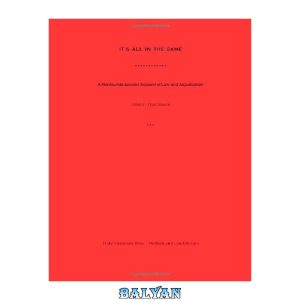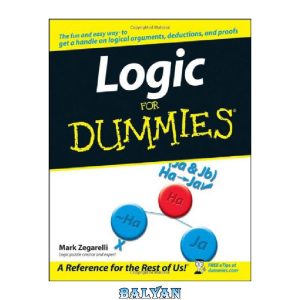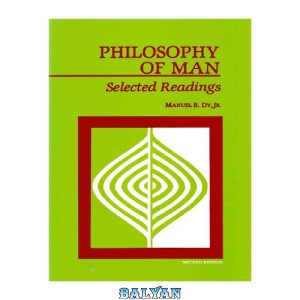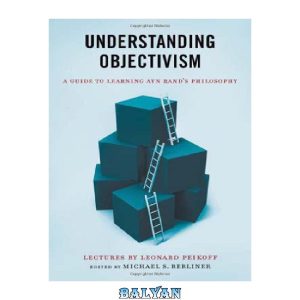‘Post-truth’ was Oxford Dictionaries 2016 word of the year. While the term was coined by its disparagers in the light of the Brexit and US presidential campaigns, the roots of post-truth lie deep in the history of Western social and political theory. Post-Truth reaches back to Plato, ranging across theology and philosophy, to focus on the Machiavellian tradition in classical sociology, as exemplified by Vilfredo Pareto, who offered the original modern account of post-truth in terms of the ‘circulation of elites’. The defining feature of ‘post-truth’ is a strong distinction between appearance and reality which is never quite resolved and so the strongest appearance ends up passing for reality. The only question is whether more is gained by rapid changes in appearance or by stabilizing one such appearance. Post-Truth plays out what this means for both politics and science.
ترجمه فارسی (ترجمه ماشینی)
کلمه پسا حقیقت در سال 2016 توسط فرهنگ لغت آکسفورد انتخاب شد. در حالی که این اصطلاح توسط تحقیر کنندگان آن در پرتو مبارزات انتخاباتی برگزیت و ریاست جمهوری ایالات متحده ابداع شد، ریشه های پسا حقیقت در ژرفای تاریخ نظریه اجتماعی و سیاسی غرب نهفته است. پساحقیقت به افلاطون باز می گردد، که در سراسر الهیات و فلسفه گسترده می شود، تا بر سنت ماکیاولیستی در جامعه شناسی کلاسیک تمرکز کند، همان گونه که ویلفردو پارتو، که روایت مدرن اصلی از پسحقیقت را بر حسب «گردش نخبگان» ارائه کرد، نمونه آن است. ویژگی تعیین کننده «پسا حقیقت» تمایز قوی بین ظاهر و واقعیت است که هرگز کاملاً حل نمی شود و بنابراین قوی ترین ظاهر به واقعیت می گذرد. تنها سوال این است که آیا با تغییرات سریع در ظاهر بیشتر به دست می آید یا با تثبیت یکی از این ظاهرها. پسحقیقت معنای این را هم برای سیاست و هم برای علم نشان می دهد.












نقد و بررسیها
هنوز بررسیای ثبت نشده است.